In the pursuit of optimal health and environmental safety, modern households are increasingly turning to advanced water purification systems. Among these, hydrogen water generators and reverse osmosis (RO) purifiers represent the cutting edge of water treatment technology. This comparison (Hydrogen Water Generator vs RO Purifier) delves into the debate between hydrogen water generators, known for infusing water with health-promoting hydrogen, and RO purifiers, acclaimed for their thorough removal of contaminants.
As we explore these two leading technologies, we aim to uncover not just the quality of water they produce but also their operational costs, maintenance needs, and environmental impacts. This analysis will guide potential users through making informed decisions that best suit their health priorities and lifestyle requirements.
| Hydrogen Water Generators | Reverse Osmosis Systems |
|---|---|
| Infuses water with hydrogen for enhanced health benefits. | Purifies water by removing almost all contaminants. |
| Antioxidant properties, may reduce oxidative stress, improve metabolism. | Removes harmful contaminants, enhances safety of drinking water. |
| Maintains mineral content, which can improve taste. | Often removes beneficial minerals, which can result in flat-tasting water. |
| Lower maintenance costs; mainly filter changes. | Higher maintenance costs due to frequent filter and membrane replacements. |
| Minimal waste production. | Produces a significant amount of wastewater. |
| Best for those seeking enhanced health benefits from drinking water. | Best for ensuring the highest purity of drinking water, especially in areas with contaminated sources. |
Understanding Hydrogen Water Generators
Hydrogen water is water (H2O) with extra hydrogen gas (H2) dissolved in it. This process, typically achieved through a method known as electrolysis, separates the hydrogen and oxygen molecules in water. The water is infused with hydrogen gas, creating a concentrated molecular hydrogen solution. Hydrogen water generators utilize this technology to produce water that is purported to offer various health benefits.
The technology used in hydrogen water generators is incredibly intriguing. These devices contain an electrolysis unit where water is electrically charged to separate the hydrogen and oxygen molecules. After separation, the hydrogen gas is dissolved under pressure into the water, increasing its antioxidant properties without altering the taste or pH. This method of enhancing water is praised for its simplicity and effectiveness in delivering hydrogen-rich water directly from the tap or portable bottle.
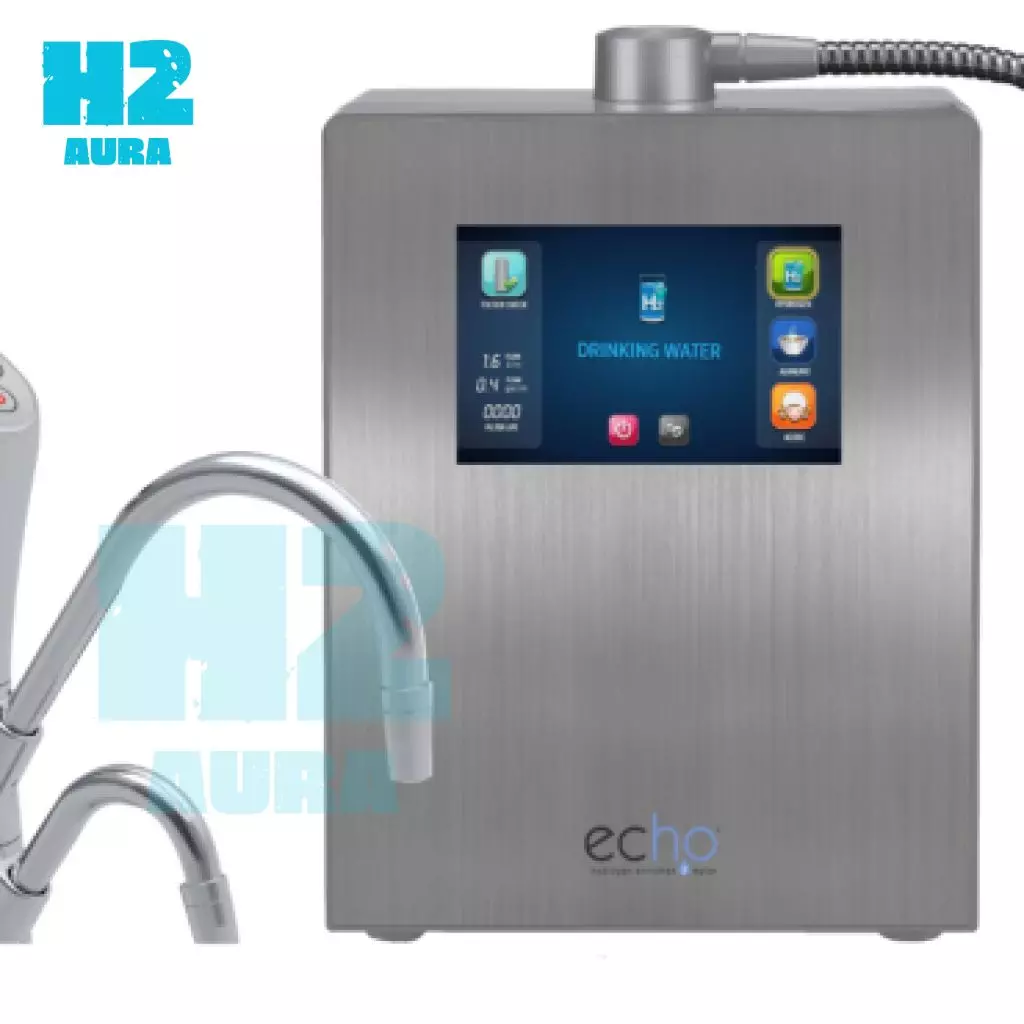
Scientific interest in hydrogen water has been sparked by studies suggesting that the additional hydrogen provides antioxidant benefits, neutralizing free radicals and reducing oxidative stress. These properties are linked to a range of health improvements, including better skin health, enhanced athletic performance, and potentially a lowered risk of chronic diseases. Researchers continue to explore the depth of these benefits, examining how regular consumption of hydrogen water might impact overall health and well-being.
By integrating cutting-edge technology with health-centric benefits, hydrogen water generators present a compelling case for those looking to enhance their daily water intake. As we further explore these benefits and compare them with traditional water purification methods like reverse osmosis, it becomes essential to consider both the scientific backing and the practical applications of using hydrogen-enriched water in daily life.
FInd the best hydrogen water bottles here.
Exploring Reverse Osmosis Systems
The Mechanics of RO Purification
Reverse osmosis (RO) systems provide a robust solution for purifying water. They utilize a finely tuned process to remove a wide array of contaminants. Reverse osmosis involves pushing water through a semi-permeable membrane that only allows water molecules to pass through, blocking impurities such as sediments, bacteria, viruses, and chemicals.
The RO process starts with pressurizing unfiltered water against the membrane. This pressure is crucial as it overcomes the natural osmotic pressure that would otherwise allow only contaminants to move through the membrane. The result is that clean water molecules flow from one side of the membrane to the other, leaving impurities behind. These impurities are then flushed away, leaving only purified water.
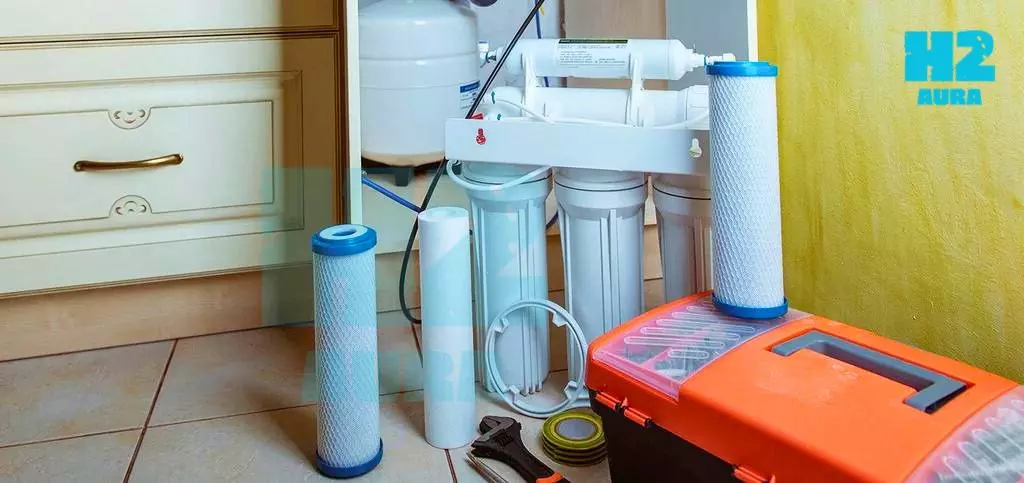
The nature of the water produced by RO systems is one of high purity and cleanliness. RO water is free from dissolved salts, lead, and other harmful substances, making it exceptionally safe for drinking. However, it’s important to note that this process also removes beneficial minerals such as calcium and magnesium, which can affect the taste and the health benefits of the water. This demineralization has led to discussions about the necessity of remineralizing RO water to enhance its taste and nutritional value.
Reverse osmosis systems are highly valued for their effectiveness in producing water that is not just safe but meets the stringent standards required for medical applications and scientific labs. As we continue our exploration of water purification technologies, the comparison between the mineral-rich hydrogen water and the pure yet demineralized water from RO systems will be pivotal in understanding their respective places in home and commercial use.
Read More: Novel technologies for reverse osmosis concentrate treatment: A review
Hydrogen Water Generator vs RO Purifier
Quality and Taste Comparison: Hydrogen water vs reverse osmosis water
When it comes to the quality and taste of water produced by hydrogen water generators and reverse osmosis systems, the differences are notable. Hydrogen water retains its mineral content, which can enhance its taste and make it more palatable for many people.
The added hydrogen is said to improve the mouthfeel of the water, making it smoother and more refreshing. Conversely, reverse osmosis water is often described as being “flat” because the demineralization process removes not only contaminants but also essential minerals that contribute to the taste and healthfulness of water.
Health Benefits Analysis: RO water vs hydrogen water
The health benefits of each type of water are often debated among experts and consumers. Proponents of hydrogen water highlight its antioxidant properties, suggesting that it can help reduce oxidative stress, improve metabolism, and even enhance energy levels. It is believed that the therapeutic effects on the body can be attributed to the increased hydrogen content.
On the other hand, reverse osmosis water is praised for its purity, with the removal of potentially harmful contaminants such as lead, arsenic, and other toxins, which are crucial for maintaining overall health, particularly in areas with poor water quality.
Cost and Maintenance
Both systems present distinct considerations in terms of cost and maintenance. Hydrogen water generators are initially expensive but have lower maintenance costs. They require regular filter changes and occasional cleaning.
Reverse osmosis systems, while cheaper initially depending on the model, tend to have higher long-term costs due to the need for frequent replacement of their pre-filters, post-filters, and RO membrane itself. Reverse osmosis can be inefficient and generate significant wastewater, which increases operational costs.
Each system offers benefits and drawbacks in terms of taste, health implications, and economic considerations. The choice between hydrogen water and reverse osmosis water will largely depend on individual priorities, such as the importance of mineral content, the specific health benefits one is seeking, and the practicality of system maintenance and operation within one’s household.
The Pros and Cons of Each System
Advantages of Hydrogen Water Generators
Hydrogen water generators are celebrated for their ability to enrich water with hydrogen, which is associated with several potential health benefits. These possess antioxidant properties that help combat oxidative stress, which could lead to reduced inflammation and better overall health.
Some users also report improved hydration and faster recovery times after exercise, attributed to the molecular hydrogen that may facilitate more efficient cell metabolism. The simplicity of adding hydrogen to water without altering its other properties, like pH and mineral content, is another significant benefit, making these devices particularly appealing to health-conscious individuals.
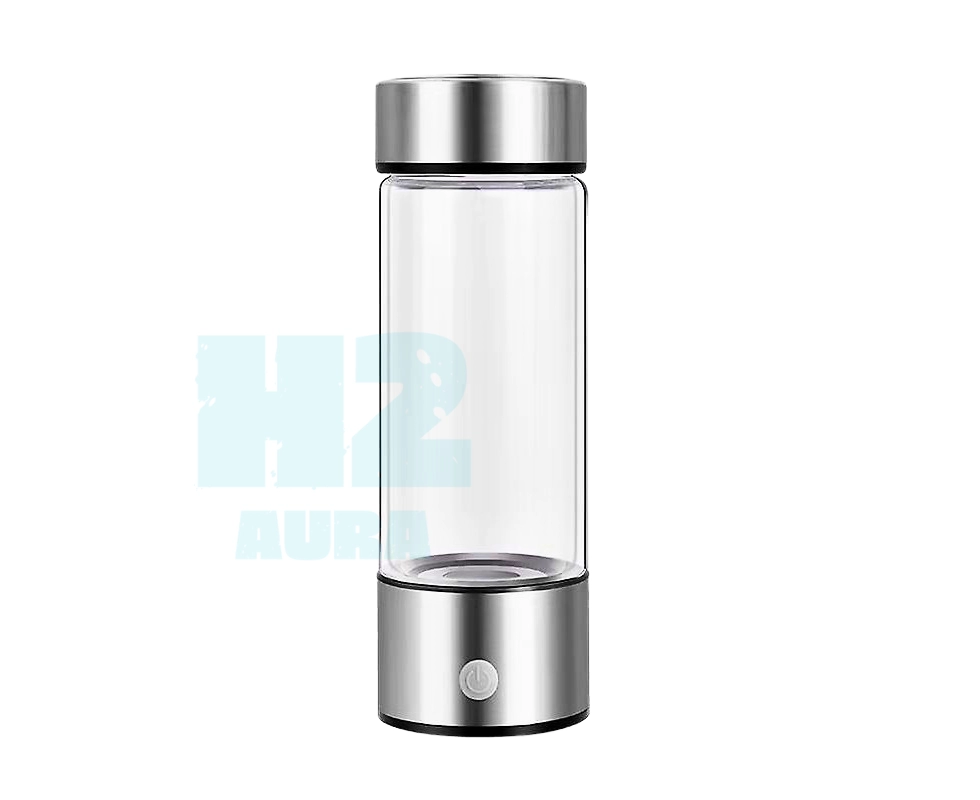
Read More: What Is Hydrogen Water? Benefits And Insights
Disadvantages of Hydrogen Water Generators
Despite their benefits, hydrogen water generators come with their own set of limitations. One of the primary concerns is the cost; these systems can be quite expensive, making them less accessible to the average consumer.
Additionally, the effectiveness of hydrogen water is still under scientific review, with studies ongoing to fully validate the health claims made by proponents of the technology. There’s also the issue of maintenance and the need for occasional servicing to ensure the system continues to operate effectively and safely infuse hydrogen into the water.
- Enhances Water with Antioxidants
- Maintains Mineral Content
- Low Maintenance
- Eco-Friendly
- Higher Initial Cost
- Limited Purification
- Scientifically Debated Benefits
- Dependence on Existing Water Quality
Advantages of Reverse Osmosis Systems
Reverse osmosis systems effectively remove up to 99% of dissolved substances, such as salts, particles, bacteria, and pyrogens, from water, resulting in a high level of purity. This makes them incredibly effective for households concerned about pollutants, heavy metals, or other contaminants in their water supply.
The technology is reliable and well-established, supported by decades of use and scientific validation. RO systems are versatile and can be used in residential, commercial, and industrial applications where high-purity water is essential.
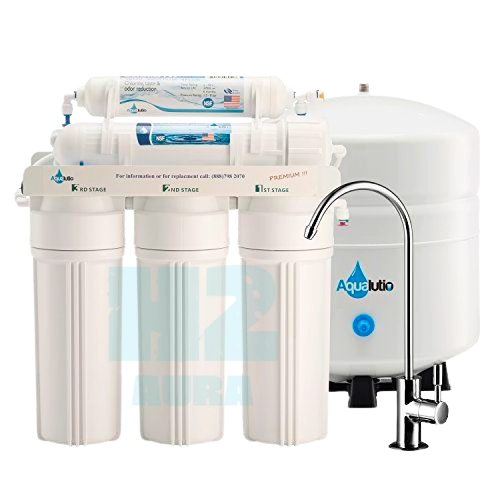
Disadvantages of Reverse Osmosis Systems
However, reverse osmosis systems have their drawbacks. The process of reverse osmosis (RO) can result in the wastage of large amounts of water, as several gallons of contaminated water (brine) are discarded for every gallon of purified water produced. This aspect can be a considerable environmental concern and might also increase water utility bills.
Furthermore, the removal of beneficial minerals from the water can result in a taste that some find less appealing, and it may necessitate additional mineral supplementation for health reasons. Lastly, the maintenance of RO systems, including periodic replacement of membranes and filters, can add to the overall cost of ownership.
Each system offers unique advantages and faces specific challenges. The decision between a hydrogen water generator and a reverse osmosis system will largely depend on individual needs, environmental considerations, and personal health goals.
- Removes a Wide Range of Contaminants
- Provides High Purity Water
- Versatile Applications
- Reliable and Established Technology
- Produces Wastewater
- Removes Beneficial Minerals
- High Maintenance
- Can Alter Taste of Water
Specific Queries and Misconceptions
Does Reverse Osmosis Add Hydrogen to Water?
A common misconception is that reverse osmosis might add hydrogen to water, given the focus on hydrogen in various water treatment discussions. However, scientifically, reverse osmosis does not add hydrogen in a molecular form that would provide the antioxidant benefits associated with hydrogen water.
Reverse osmosis is primarily a filtration process that removes particles and impurities from water, including dissolved gases. It does not enhance water by adding any elements, including hydrogen. The main objective of a reverse osmosis (RO) system is to purify water and not add any additional substances or nutrients to it.
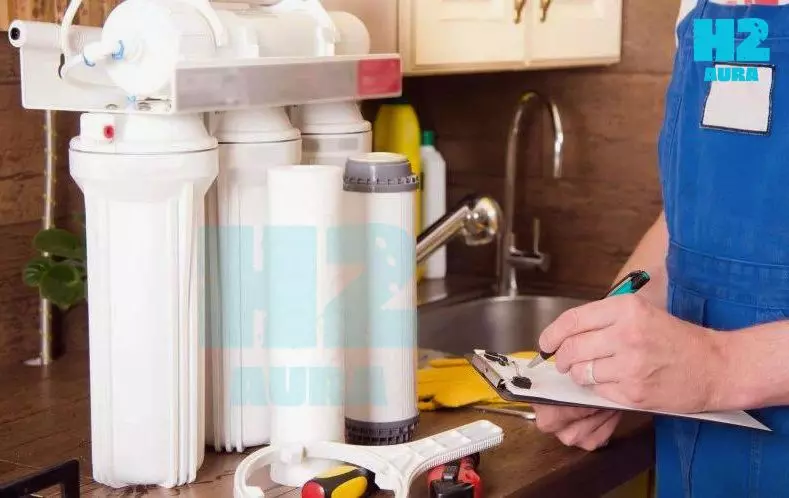
What is Better — Reverse Osmosis or Hydrogen Water?
Determining whether reverse osmosis or hydrogen water is better depends on the individual’s specific needs and priorities. If the primary concern is removing contaminants from water, reverse osmosis is superior as it can significantly reduce a wide array of harmful substances to provide clean, safe drinking water.
On the other hand, if the focus is on potential health benefits like antioxidant properties and improving metabolic health, hydrogen water might be the preferred choice due to its enriched hydrogen content.
When evaluating both, consider factors like:
- Water Quality Needs: If purity is paramount, RO is ideal. For antioxidant benefits, choose hydrogen water.
- Cost and Maintenance: RO systems might have higher long-term costs and maintenance, while hydrogen generators have a higher upfront cost but lower ongoing expenses.
- Environmental Impact: RO systems produce a significant amount of wastewater, whereas hydrogen water generators do not have this issue.
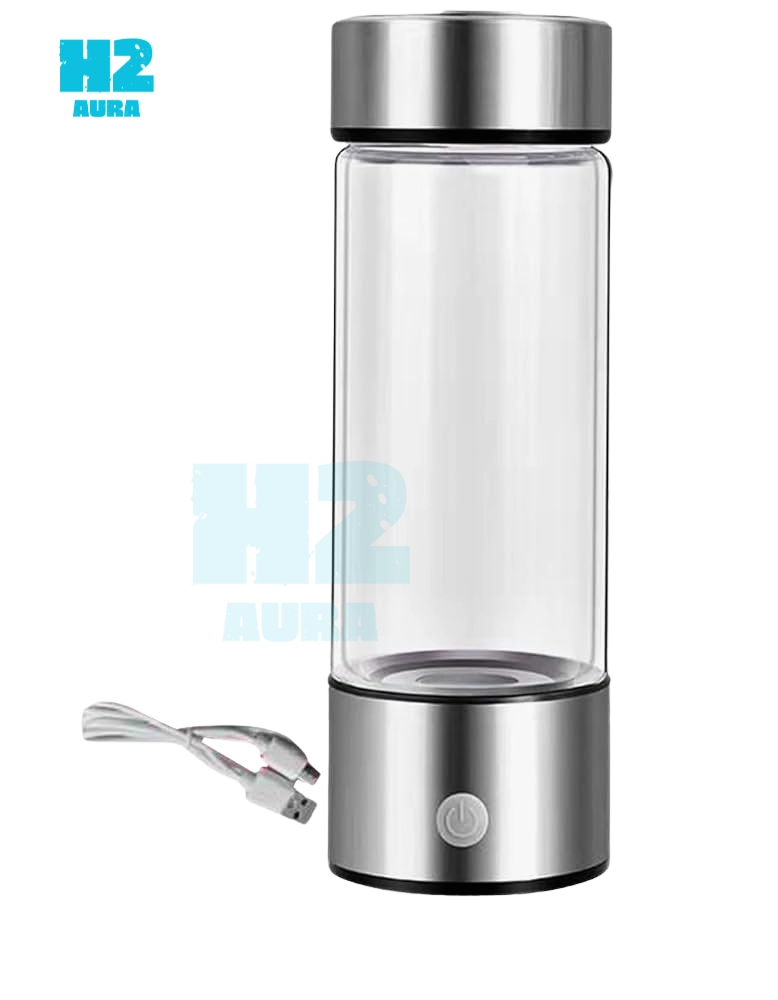
Is Reverse Osmosis and Hydrogen Water the Same?
Reverse osmosis and hydrogen water are fundamentally different technologies with distinct purposes. Reverse osmosis purifies water by removing nearly all dissolved substances, bacteria, and chemicals through a semi-permeable membrane.
In contrast, hydrogen water generators enhance water by infusing it with molecular hydrogen, which is claimed to have health benefits. While RO focuses on purification, hydrogen water focuses on enhancement, making them complementary rather than competitive technologies in certain aspects.
Understanding these distinctions and the specific benefits of each system can help users make more informed decisions about which water treatment solution best fits their household or personal health needs.
Read More: Reverse osmosis desalination: Water sources, technology, and today’s challenges
Conclusion and Recommendations
Summarizing Key Differences: Difference between hydrogen water and reverse osmosis
As we conclude our exploration of “Hydrogen Water Generator vs RO Purifier,” it’s clear that each system offers distinct benefits suited to different needs. Hydrogen water generators focus on enhancing water by infusing it with molecular hydrogen, which may offer health benefits like improved antioxidant levels and metabolic support. In contrast, reverse osmosis systems excel in purifying water and removing a wide array of contaminants to ensure safety and purity.
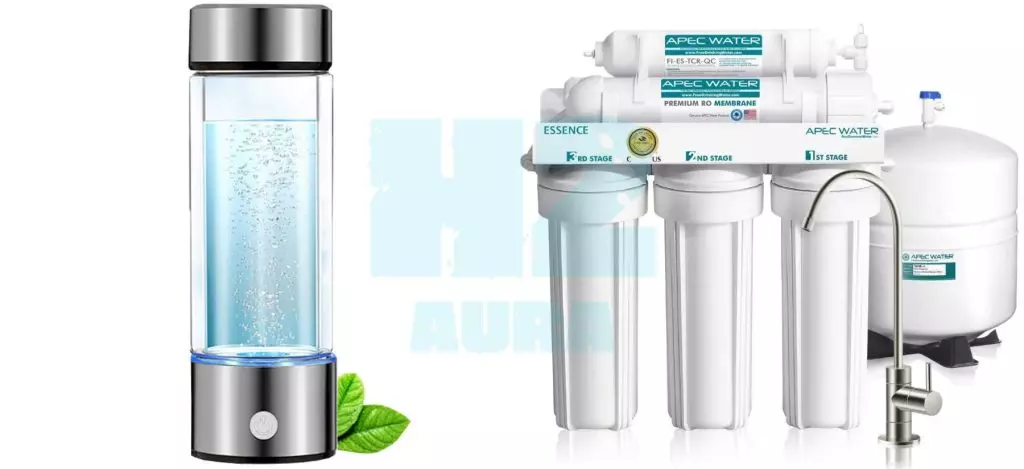
Making an Informed Choice
When deciding between a hydrogen water generator and a reverse osmosis system, consider your primary needs:
- For Pure Drinking Water: If your main concern is eliminating contaminants from water, a reverse osmosis system is the best choice, especially in areas with heavily polluted water or in applications that require extremely pure water.
- For Enhanced Health Benefits: If you are more interested in the potential health benefits associated with drinking hydrogen-enriched water, such as antioxidant properties and enhanced hydration, then a hydrogen water generator might be the ideal solution.
- Environmental and Cost Considerations: It’s also important to consider the environmental impact and ongoing costs associated with each system. Reverse osmosis systems can produce significant wastewater and require regular maintenance, which can add to their operational costs. Hydrogen water generators generally have higher upfront costs but are cheaper to maintain and operate with minimal environmental impact.
- Test Water Quality: Testing your home’s water quality can provide valuable insights into which system would more effectively meet your specific needs based on the contaminants present.
Considering these factors can help you make a well-informed decision that aligns with your health priorities, environmental concerns, and budget. Whether you choose a hydrogen water generator or a reverse osmosis system, the right choice will ensure you enjoy high-quality water that fits your lifestyle and wellness goals.

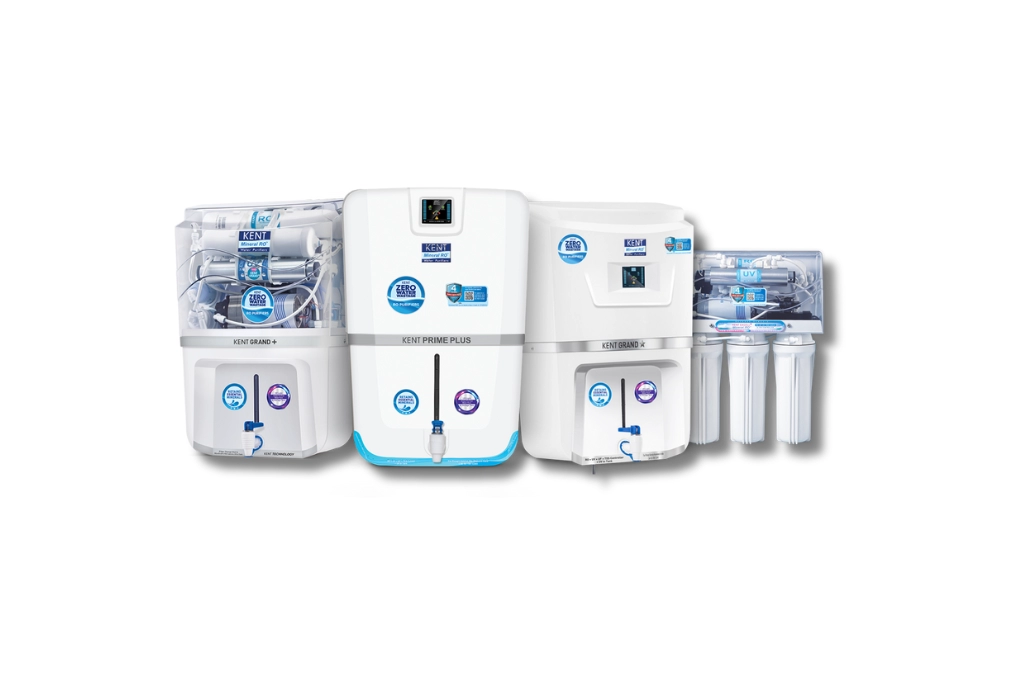
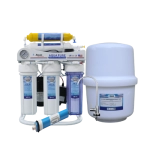


Your article helped me a lot, is there any more related content? Thanks!
Thankyou! I have covered all the topics related to hydrogen water and best hydrogen water bottles/machines, you can check it.